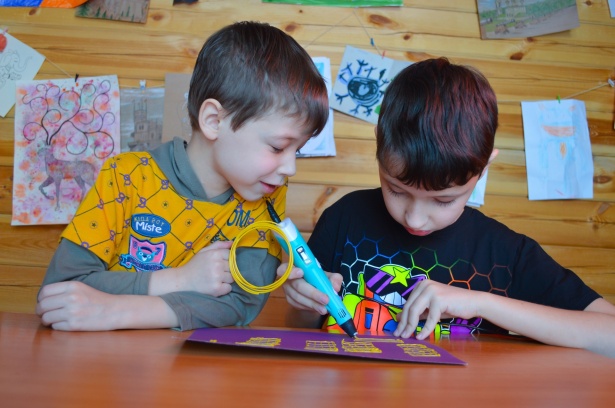By: Inas Essa
Although the tendency to feed children information sounds alluring to some parents and educators, it turns out that it is not the right trigger for a child’s curiosity towards learning new things or subjects.
A new study from Rutgers University, USA, investigated how changes in learners’ knowledge influence information seeking. It found out that children become more curious to learn about the subject matter when exposed to just a little information, while too much information makes it boring.
These findings, together with a previous body of research, debunk an old widely-spread belief that children are passive learners who absorb whatever information is presented to them, and shed light on how children are active learners and drivers of their epistemic development.
.jpg)
Children Are Curious by Nature, But…
Although children are curious by nature, it does not mean they are seeking information about everything. Their curiosity should be triggered and harnessed by a gap between the level of knowledge they get and what they should seek to learn.
Here, the angel of the question changes from whether children are active or passive learners to: from among an infinite number of learning opportunities, how do they choose what to learn?
Many factors and possibilities that explain children’s information-seeking preference have been previously proposed, such as:
- It is essentially random and all learning opportunities are evaluated with equal probability;
- It could be based on the novelty of the information and when evidence is surprising or ambiguous concerning their beliefs;
- It is about the curiosity to seek information to reduce the uncertainty triggered by too little presented information.
Starting from this point, the researchers of the new study suggested the uncertainty in learners’ intuitive theories as an important factor that determines the informational choices. It focused on the knowledge level at which children find the information interesting.
The researchers designed a series of experiments to measure how much 3- to 5-year-old preschool children know about different knowledge domains and asked how children’s current knowledge level predicts their interest in learning more about them.
The Role of Uncertainty in Seeking Information
“Intuitively, curiosity seems to belong to those who know the most, like scientists, and those who know the least, like babies,” said Jenny Wang, study lead author, and an assistant professor of cognitive psychology at Rutgers. “But what we found here is quite surprising: it was children in the middle who showed the most interest in learning more, compared to children who knew too little or too much”.
The recent study found out that children who were not exposed to too much information had more interest in seeking domain-relevant information to resolve the uncertainty they face with such little information, compared to those who were provided too much information and reached a more understanding of each represented domain. Moreover, this predicts that children with more uncertain understanding in each knowledge domain would prefer not only domain-relevant information but also domain-relevant information in general.
“Ultimately, findings like this will help parents and educators better support children when they actively explore and learn about the world.” Said Wang.

References
journals.sagepub.com
neurosciencenews.com/learning-motivation